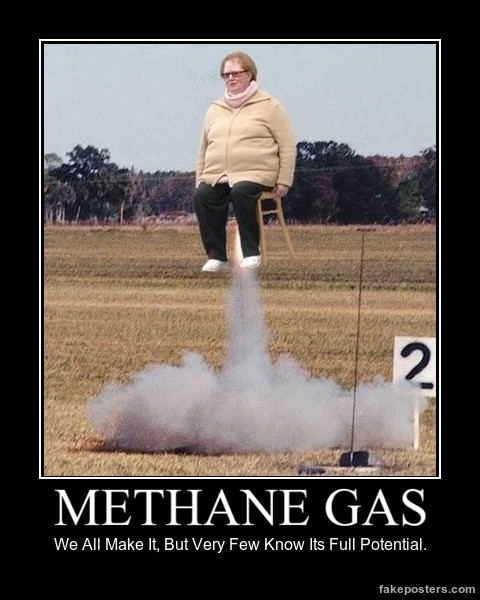Peloso
no, really, I'm fine
- Joined
- Dec 15, 2018
- Posts
- 7,059
- Reaction score
- 3,526
- Points
- 113
If there is something larger to observe from that insult, it is that the culture wars extend well beyond race, religion, taxation, health care, women's empowerment, prison reform, and criminal justice.
Animal rights has long been a flash point, not just around animal testing or husbandry and slaughterhouses. Pets have become a virtue signaling subject for some, and the animal rescue organization have promoted the term "forever home" and pushed that as a social value, leaving people just like yourself, shamed by those who are ready to tell you what you should be doing with a pet, and for how long.
In most of the U.S., pets are property, despite the uber-sentimentalized language referring to them as members of the family. In most of the world, pets have less rights than they do in America and less elevated status.
I love dogs. I loved my dogs, and treated them very well, but when they died, they died, and their good lives had run their courses. And when I had to move with my job and could not take my last two dogs because I didn't have housing that would allow them, I found them homes through a shelter and paid their fees so their new owners would have greater ease adopting them.
The dogs loved people, as have all my pets, so they didn't grieve my "passing." We were never married.
So, understand that Alistair's attack and insult was just part of a larger cultural movement and he was just doing what many have been inculcated to think as far as advocating forever homes, as if animals are not adaptive and flexible (on average.)
You sound like a billionaire explaining empathy.
It's not a cultural thing. I was never conditioned to love animals, I don't even think that's even possible since an affection for animals is something that comes from the heart. It's that simple.
People who defend animals not trying to do the right thing or "belong". It comes from an innate desire that can't be swayed by any kind of thinking, be it cultural or political
Perhaps you're thinking of rescue groups, who, to the outsider, might seem draconian in their efforts, but this is due mostly to limited budgets, a lack of resources, and a never ending flow of animals in need. These are people who have turned their love of animals into a purpose and because of this, as well as the overwhelming nature of their work and the uphill battle they face, they can get rigidly militant in their efforts, which in turn creates a climate that could be perceived as cultural. So in that sense, you're right. But we're not talking about faberge eggs here, we're talking about living creatures. If you had a kid, would you entrust it for a night to a babysitter you've never met and with no instructions for feeding, rules, bedtimes, etc.? These people are just trying to avoid leaving their adoptees in the hands of people with mindsets such as yours.
You probably broke your dog's hearts when you gave them away. Assuming their new owners were suitable, I'm sure they've gotten over it. When you moved for your job, was your new housing assigned? Or did you simply prioritize your wants and comforts over their trust in you?
But lastly and most importantly, all animals are not adaptive and flexible. You're thinking of wild animals. Domestic animals, broken in spirit and stripped of many of their natural instincts and defenses rely on humans to finish the job they've begun: to simply care for them and see to it that they arrive at their ultimate destiny (be it a tiny urn or a styrofoam take out container) through a course of proper care.
It's shortsighted to believe that an abandoned cat or dog can fend for itself in the natural world, because we're not abandoning them to the natural world: we're abandoning them to a world of trucks and cars and poisoned lawns and an endless list of hidden and unimagined dangers.
In domesticating cats and dogs, humanity has made an unspoken deal with them. Criticizing someone for reneging on that deal is not a form of virtue signaling.





